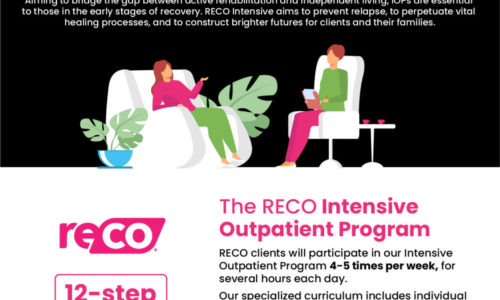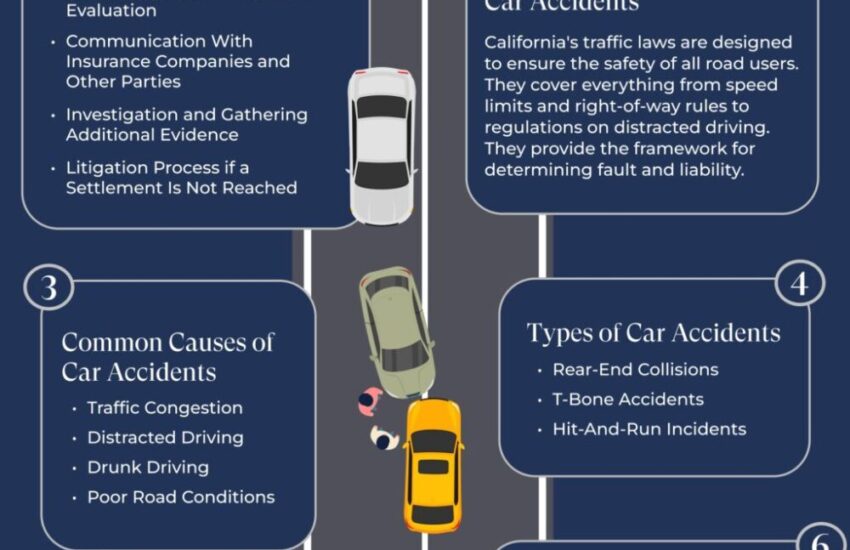Driving involves more than physically operating a vehicle. Safe driving also requires cognitive skills such recognizing and reacting to unexpected situations. Unfortunately, our physical and cognitive skills weaken as we age. If you recognize a decline in your loved one’s driving skills, you can help them plan a safe end to their time behind the wheel.
Signs of Driving Difficulties
Ideally, a conversation about driving begins before problems arise. You should be concerned if your loved one:
- Gives slow, unsure or agitated responses to questions or unexpected situations
- Forgets things or becomes easily distracted
- Suffers from a medical condition or takes medication that makes driving unsafe
- Loses driving confidence (drives too slowly, clutches the steering wheel, strains to see or becomes nervous or apprehensive in heavy or fast-moving traffic)
- Shows a sharp decline in driving skills (drifts across lanes, fails to maintain a steady or proper speed or hits curbs).
Have the Talk with Your Loved One
- Talk soon. Start the talk about driving retirement as part of other conversations about looking forward in life.
- Talk often. It can be an ongoing discussion if you start it early enough. So, your loved one won’t feel rushed or forced into making any decisions.
- Talk one-on-one. Approach the subject alone with the older driver so it doesn’t feel like you are ganging up on him or her. Bring others into the conversation once it is a comfortable discussion.
- Talk together. Don’t dictate. Make sure your loved one plays an active role in planning for their driving retirement.
- Talk about safety. Stress the importance of your loved one’s independence, which requires maintaining his or her physical health.
- Talk about substance. Cite specific reasons for your concerns such as a recent accident or near-miss, getting lost or medicine that causes drowsiness. Don’t accuse or denigrate your loved one’s driving abilities.
- Talk about alternatives. Driving may end, but life does not. Have a plan for a former driver to get around and keep up his or her normal routine. For instance, in Phoenix, drivers ages 65 and older can take advantage of the city’s Alternative Transportation Programs, including Senior Ride, Senior Center Shuttle, ADA Ride, Employment Transportation and the Medical Trip program.

Source: phoenix law team
212 total views , 1 views today










